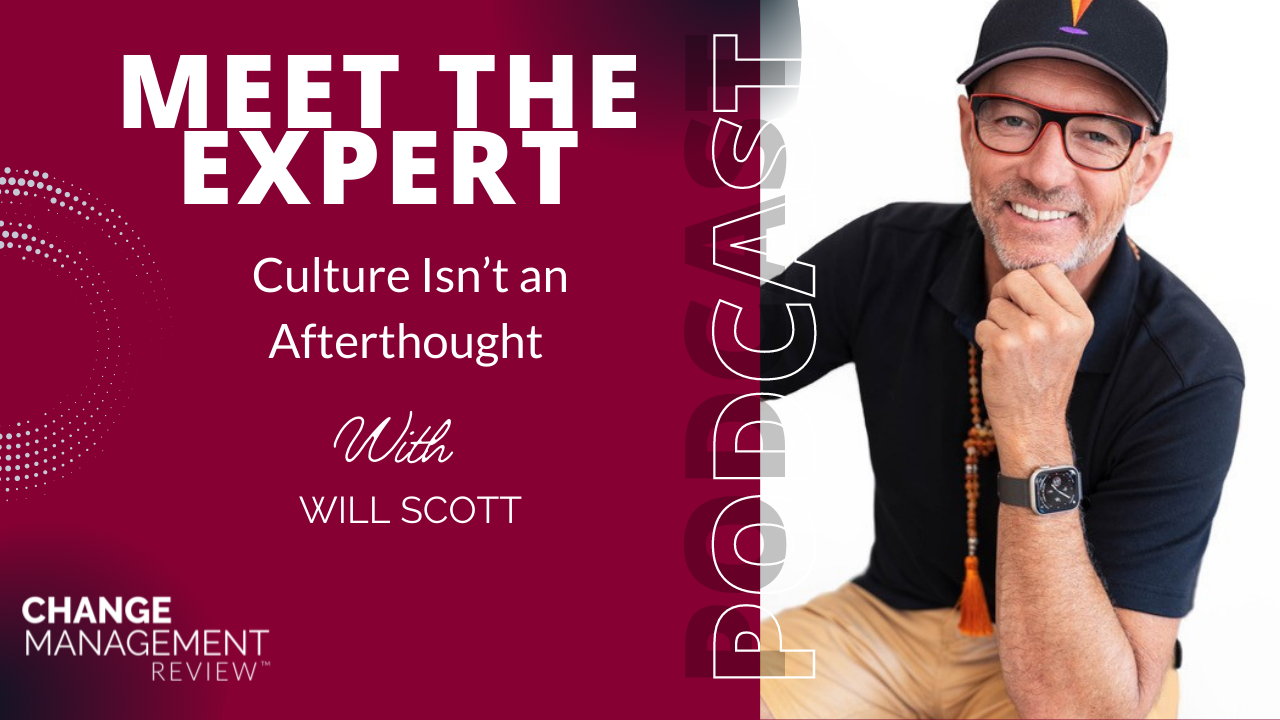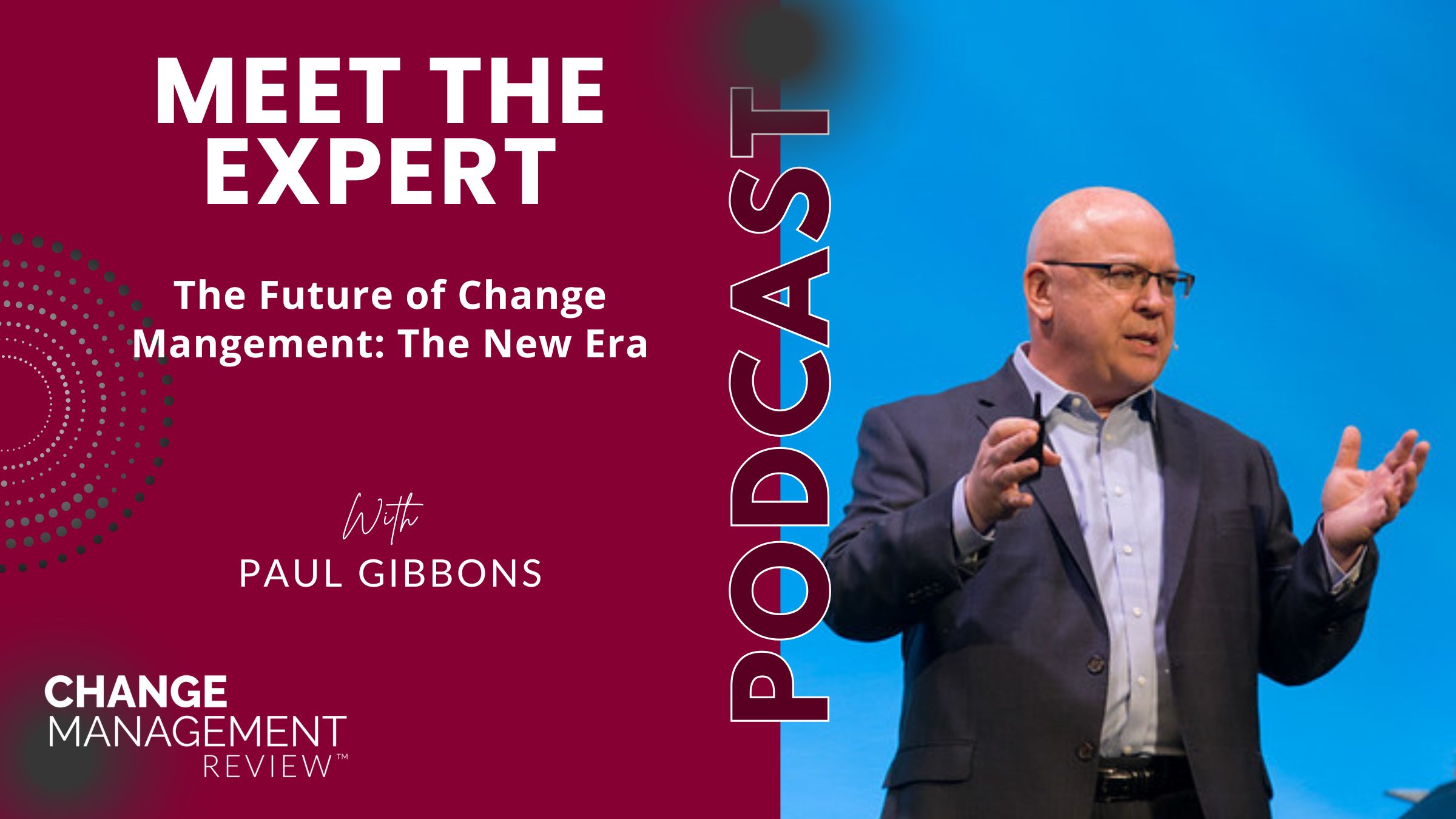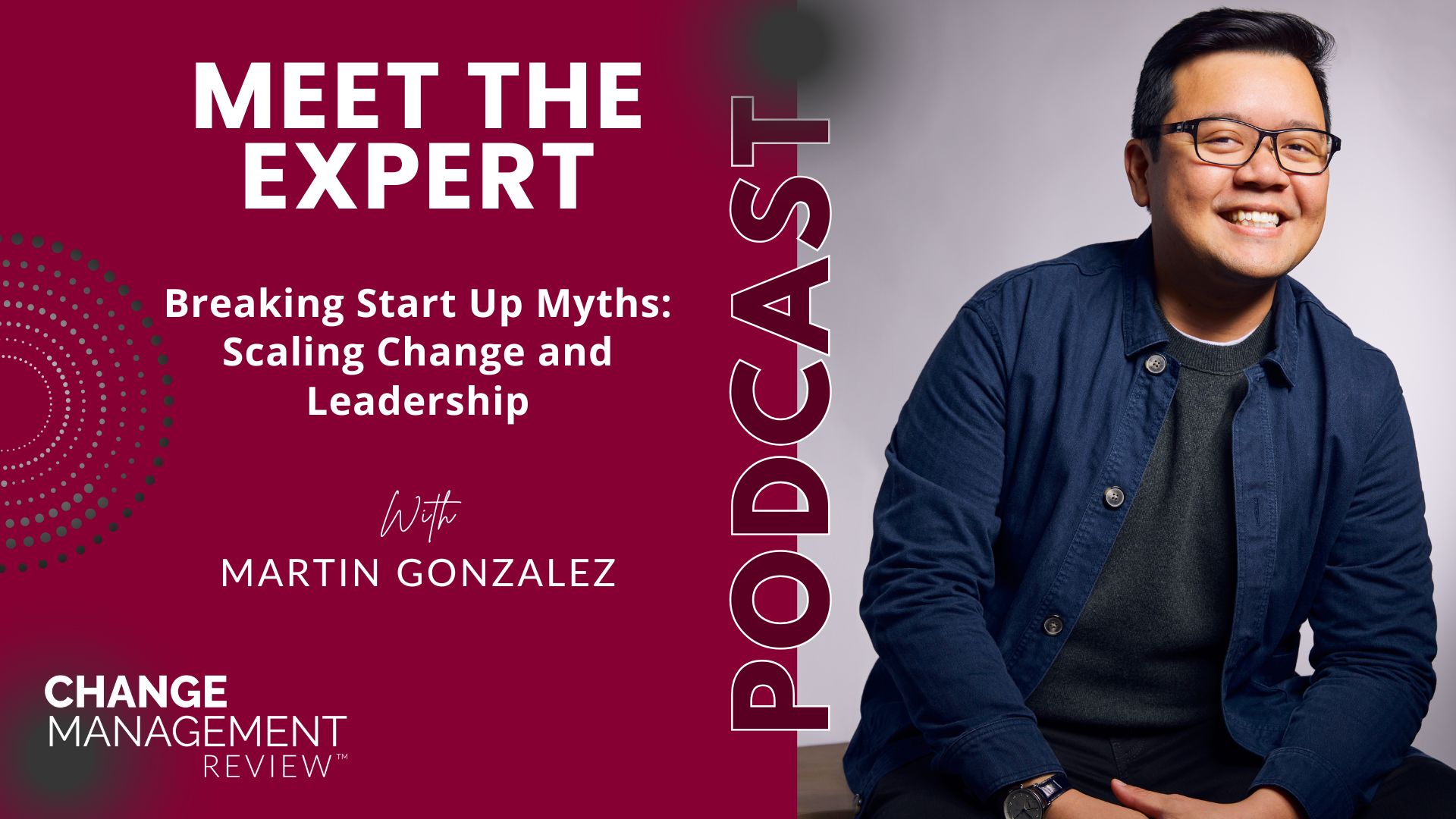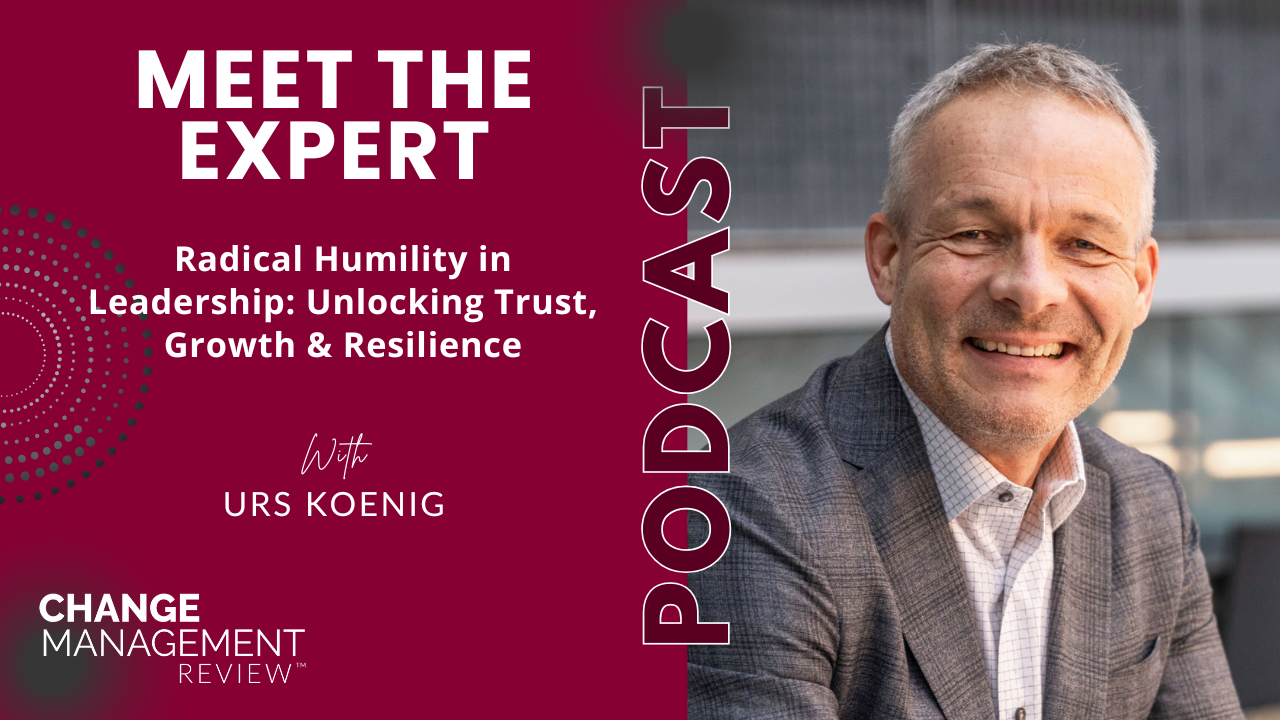Early change management methodologies focused heavily on culture. As the profession has grown and matured, other aspects of organizational change have tended to take center stage, with less, if any focus remaining on culture. In his book The Culture Fix, Will Scott makes the case that culture does, in fact belong front and center and the organizational leadership should be maintaining a focus on culture as an ongoing part of their responsibilities.
In this podcast with Managing Editor Brian Gorman, Will Scott addresses the following:
- In The Culture Fix, you speak of leaders who “see themselves as leading a culture, not just a company.” What is the leader’s role vis-à-vis culture and why is it so important?
- Your approach to culture begins with values. You write, “There needs to be some doing before defining of values to ensure there is a legacy from which to build and develop a culture. Although you could draft core values early in the inception of a business, it’s always good to keep them fluid in the early stages.” Why wouldn’t you want to clearly and definitively articulate values at the outset?
- The journey you describe in The Culture Fix is “from core values to valued culture.” You define this journey in terms of 9 deeds. Would you name and just briefly describe each?
- You state that “safety is not mere emotional weather.” What is the role of safety in the context of culture, and how do you work to achieve it?
- As you look at organizations, their core values play a central part in virtually every aspect of the culture from hiring to unhiring to process design to performance reviews to professional development and more. While we don’t have time to dig into each of these, would you briefly describe why values are important in a few of these areas?
- Toward the end of the book, you state that “the key to driving your business is forming a continuum of culture.” Would you explain what you mean by this?
- There are numerous illustrations of the importance of culture throughout the book. I would like to end with this one. “It’s not just about making the work environment more enriching, it’s also about making each and every individual feel like they belong to something bigger than themselves.” Could you give us a few examples of how this plays out in different types of work environments (e.g., manufacturing facilities, service organizations)?
- What else would you like to share with our listeners today?
About Will Scott
Self-described Culture Czar Will Scott, Founder and Actuator of The Culture Fix Academy, has had a lifelong attraction to creating environments where people thrive. As a boy growing up in Zambia, Will often built treehouses, forts, cave dwellings, and bamboo huts as places for people to gather. He “set rules and posted them—much like the popular posters of core values that you’ll see in many of today’s businesses—to keep us all on the same page.” Today, he works across industries globally, helping organizations define and live into a values-based culture. will@theculturefix.academy






